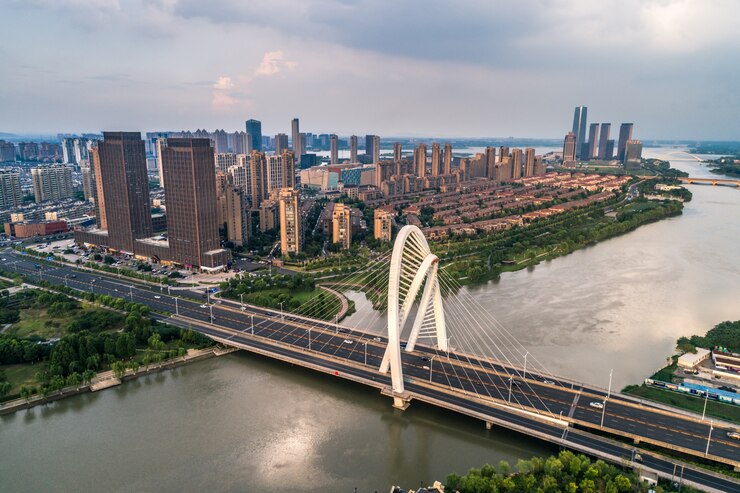
Unveiling the Gems: Fun Things to Do in Syracuse, NY

Unveiling The Enchantment: Top Activities In St. Thomas


Unveiling the Gems: Fun Things to Do in Syracuse, NY

Unveiling The Enchantment: Top Activities In St. Thomas

How To Add TSA Precheck To American Airlines?


Unveiling The Charm: Fun Things To Do In San Luis Obispo

How To Add TSA Precheck To American Airlines?


Unveiling The Charm: Fun Things To Do In San Luis Obispo

10 Things To Do In Milwaukee In 2024


Unveiling the Gems: Fun Things to Do in Syracuse, NY


Fun In The Capital City: Exploring Des Moines, Iowa

Fun And Flavor: Unforgettable Experiences In Baton Rouge


Unwinding By The Sea: Fun Things To Do In Carmel Beach

Beyond the Magic: Unforgettable Experiences in Anaheim

Top 5 Beaches for a Perfect Florida Getaway from Orlando


Tokyo Through the Lens: 8 Unforgettable Photo Spots

10 Things To Do In Milwaukee In 2024


Unveiling the Gems: Fun Things to Do in Syracuse, NY


Fun In The Capital City: Exploring Des Moines, Iowa

Fun And Flavor: Unforgettable Experiences In Baton Rouge


Unwinding By The Sea: Fun Things To Do In Carmel Beach
At Daily Travel Journal you are going to get informative insights on various travel destinations. The site is going to feature articles on topics like - travel guides, theme travel, best destinations, tips, and more. You will get all the travel-related information like travel guides, the latest travel accessories, and different travel tips from this single place.
NEWSLETTER SUBSCRIPTION

10 Best Things To Do In Cincinnati In 2024
Cincinnati, the “Queen City,”Cincinnati, Ohio, is a bustling city with historical sites and a wide range of activities. No matter if you are a nature lover or just looking for some fun, Cincinnati has something for everyone. Feeling tensed and searching for the things to do in cincinnati this weekend? You have to read through the end to know which are the best options you will get when you are

El Paso: Where Sun-Kissed Deserts Meet Vibrant Culture


Fun In The Capital City: Exploring Des Moines, Iowa

Fun And Flavor: Unforgettable Experiences In Baton Rouge


Unwinding By The Sea: Fun Things To Do In Carmel Beach

5 Unforgettable Experiences Await in Belfast, Ireland

Top 5 Beaches for a Perfect Florida Getaway from Orlando


El Paso: Where Sun-Kissed Deserts Meet Vibrant Culture


Fun In The Capital City: Exploring Des Moines, Iowa










